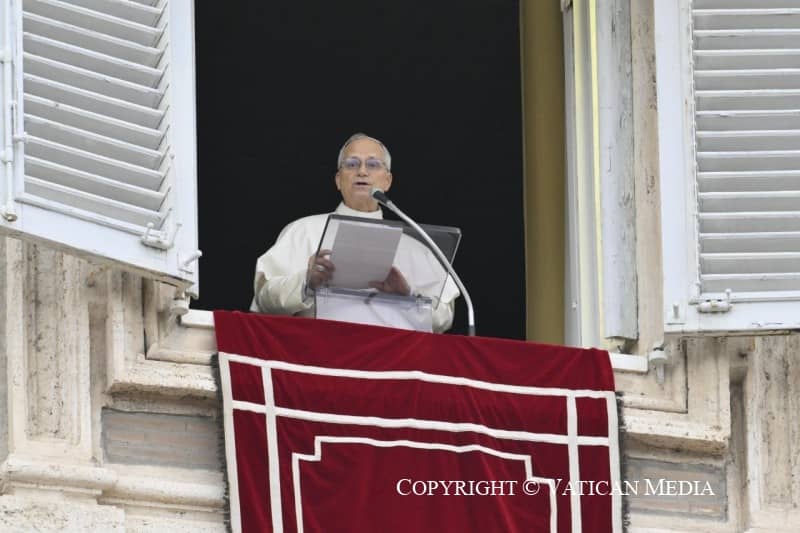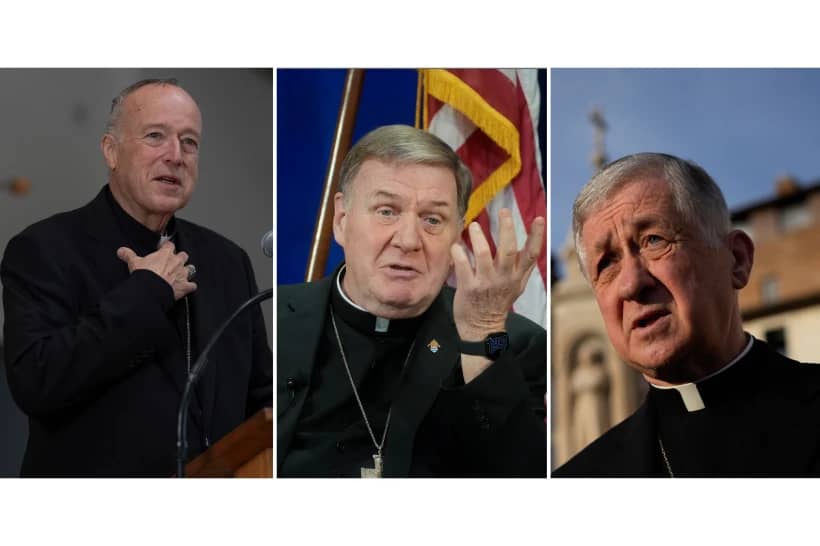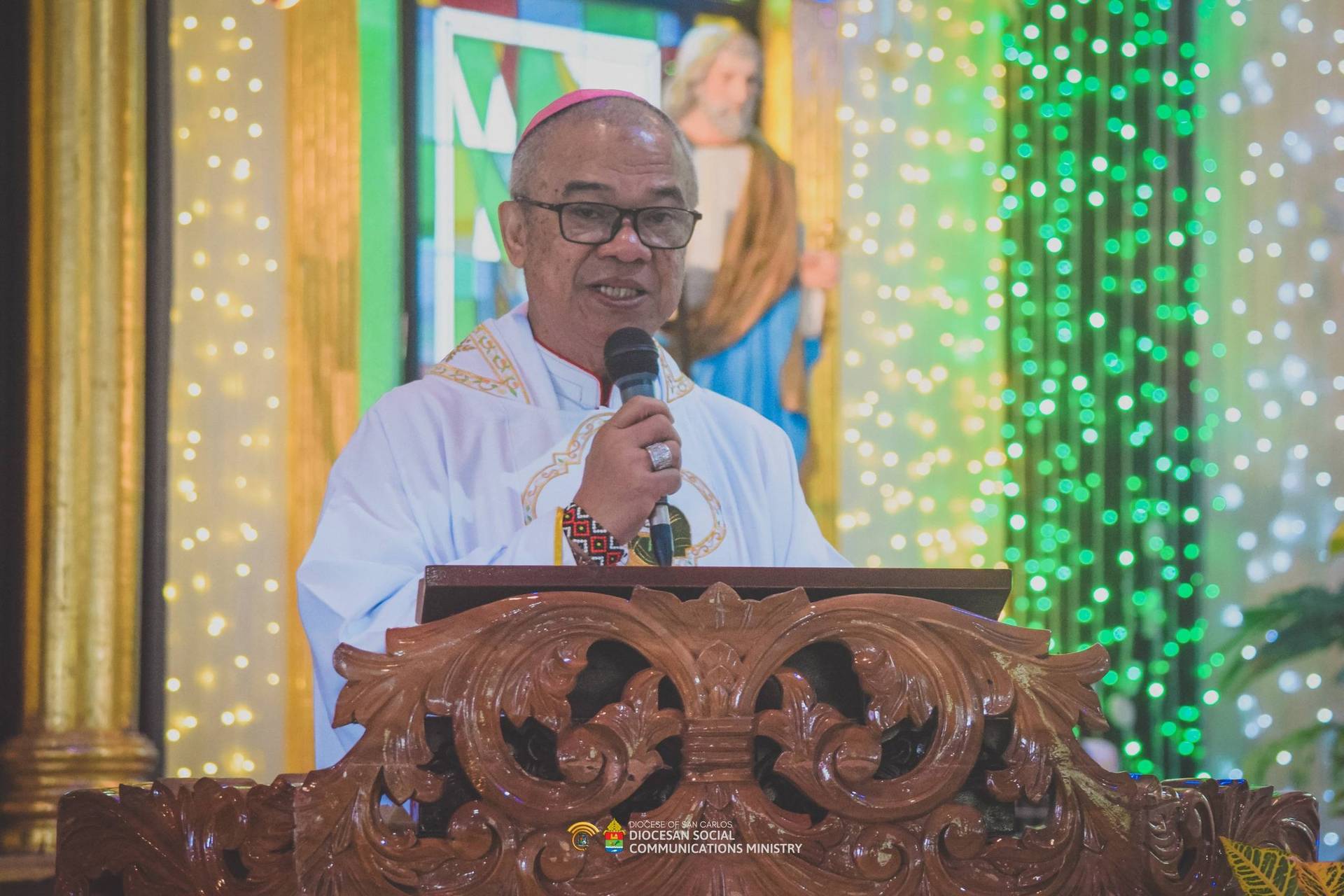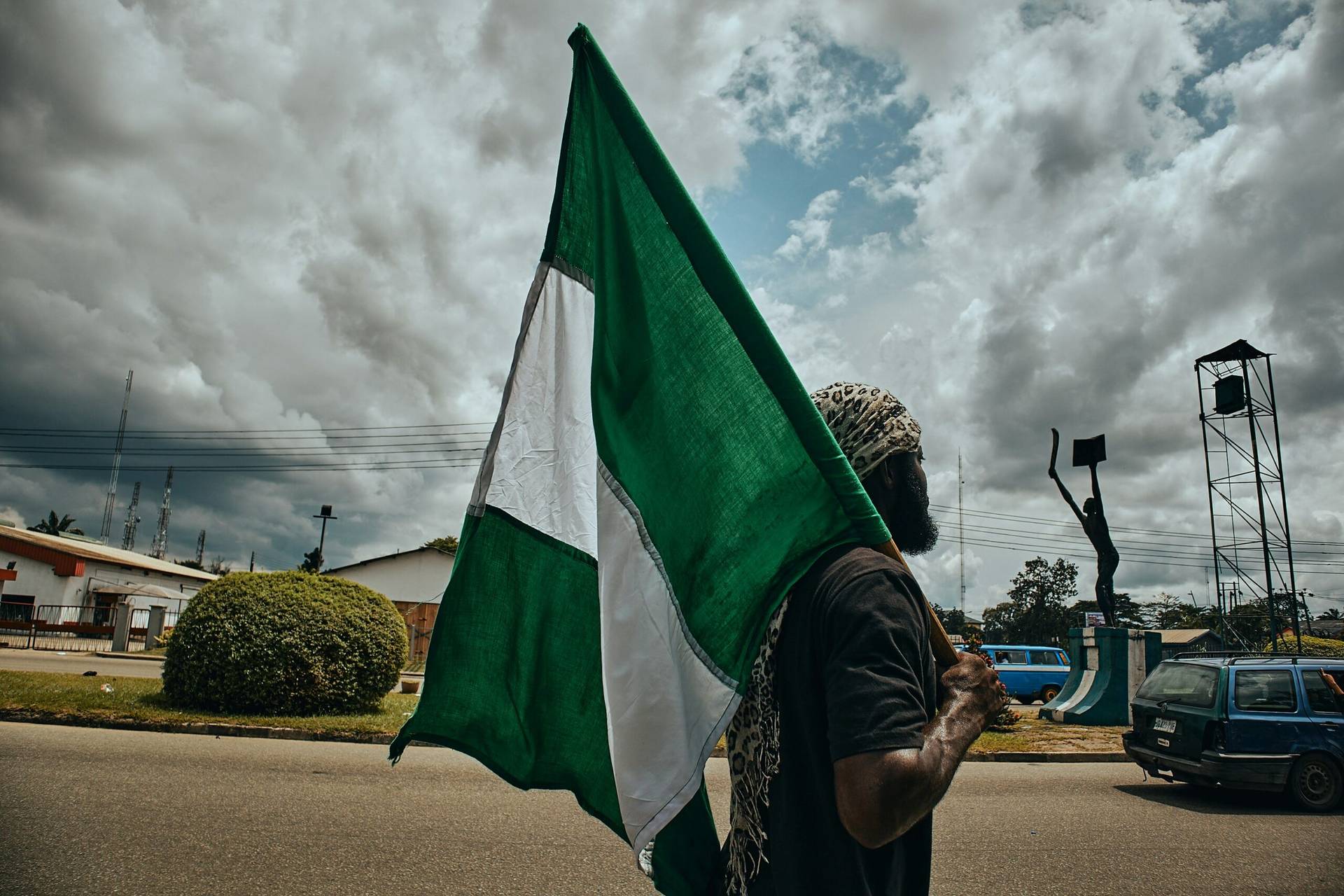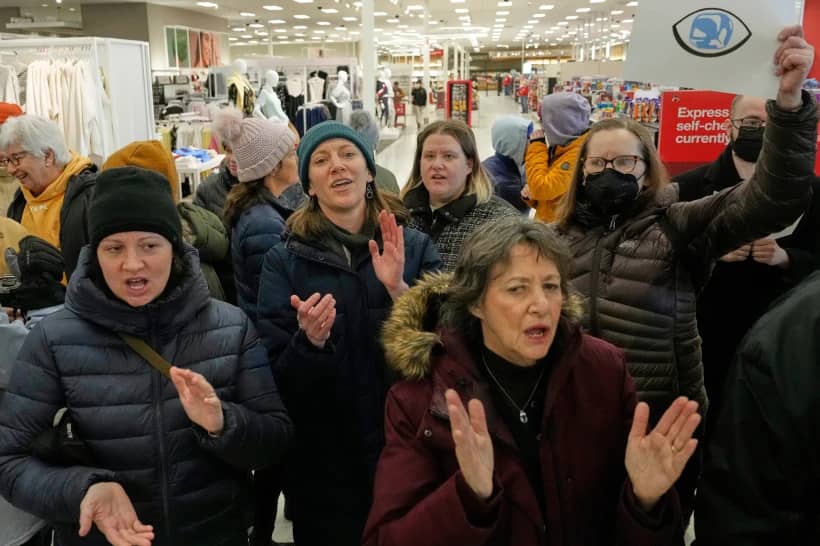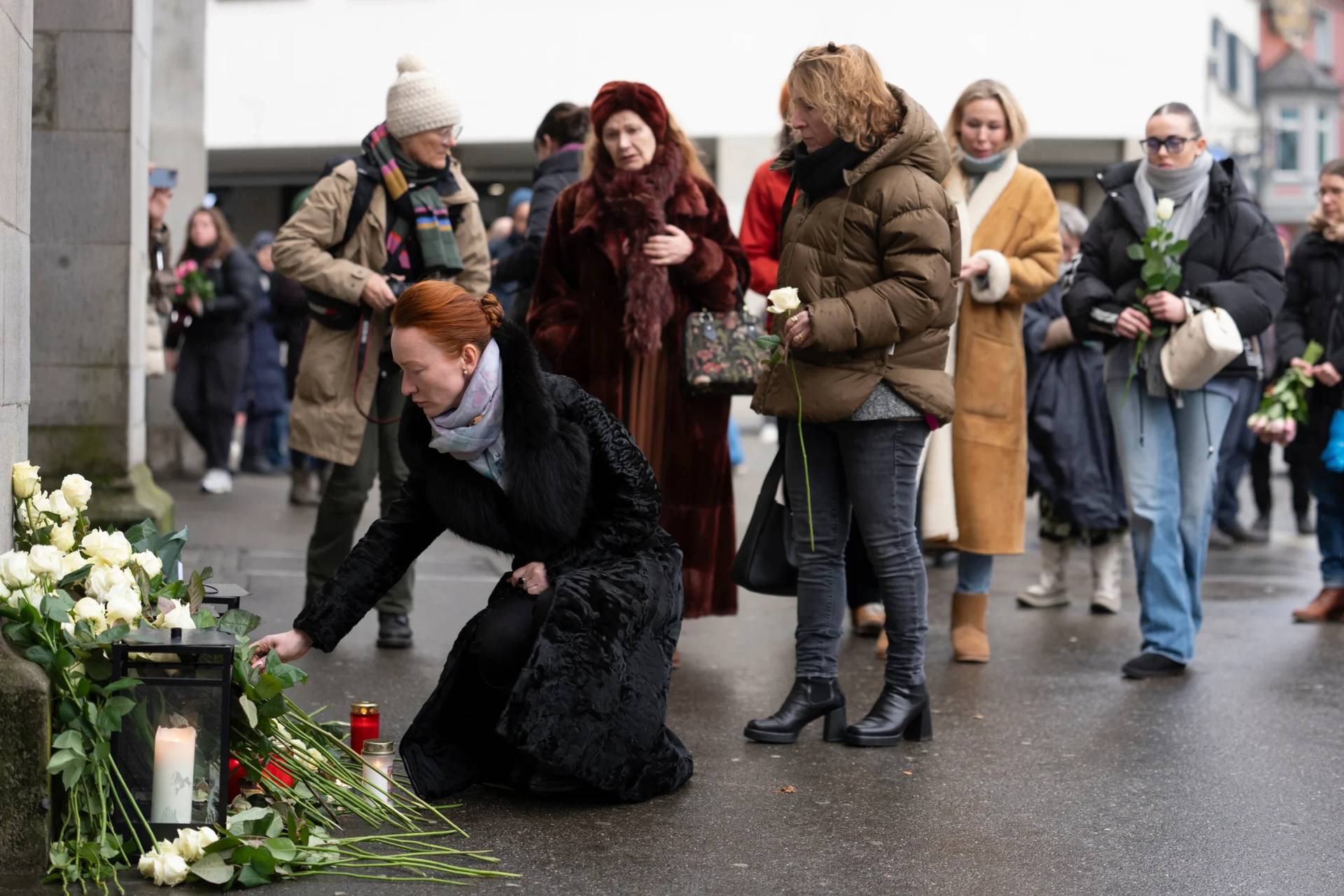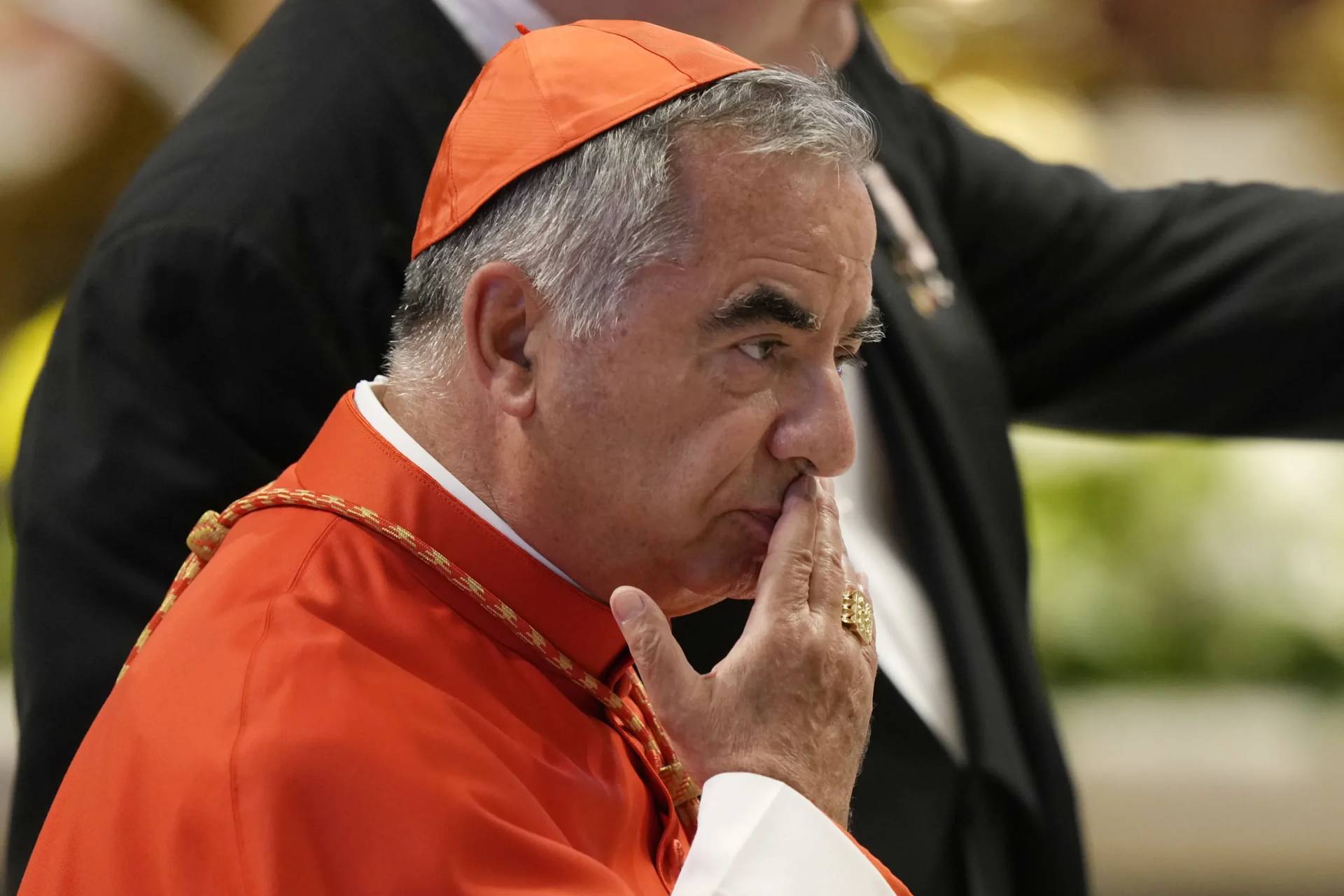ROME – Ahead of a trip to the Democratic Republic of Congo and South Sudan later this month, Pope Francis has condemned exploitation of the African continent and said he’s not afraid of the security situation despite the fact that his travels will take him near active war zones.
Speaking to Mundo Negro, a Spanish-language journal published by the Comboni missionaries, the pope said, “I look forward to making this trip as soon as possible.”
“South Sudan is a suffering community, also Congo is suffering at this moment of guerilla warfare, that’s why I’m not going to Goma, you can’t go, due to the advances of the guerilla warfare,” he said.
Pope Francis will visit the Democratic Republic of Congo from Jan. 31-Feb. 3 and then South Sudan from Feb. 3-5 for an ecumenical visit alongside the Archbishop of Canterbury and the Moderator of the Church of Scotland.
The trip was originally slated to take place last July, but the pope had to cancel due to ongoing problems with his right knee.
When the trip was rescheduled for this month, a revised program showed that a scheduled stop in Goma in the Congo, where he was supposed to meet with victims of ongoing violence in the country’s eastern regions, was notably absent due to an uptick in fighting in the area.
“It’s not that I’m not going because I’m afraid. Nothing will happen to me, but with an atmosphere like that and seeing what they’re doing, they throw a bomb into the stadium and kill a lot of people,” Francis said, saying, “We must take care of the people.”
He also condemned what he said was a “collective unconscious that says Africa is to be exploited,” which he said has been evident throughout history, with “with independence halfway through.”
“They give them economic independence from the ground up, but they keep the subsoil to exploit it, we see the exploitation of other countries that appropriate their resources,” he said, lamenting that many go to Africa to “plunder” its resources, without ever recognizing “the intelligence, greatness, and art of the people.”
Pope Francis’s interview with Mundo Negro, which was conducted in December and published last week, comes days ahead of his departure for a trip that has wanted to make for years, but which has repeatedly been delayed due to ongoing security threats on the ground, in both Congo and South Sudan.
This trip will be Francis’s third trek to Africa since his election nearly 10 years ago.
Asked whether this visit aligns with his desire as a young Jesuit to be a missionary in Japan, the pope said he has always been interested “in the peripheries. I look to the internal peripheries, not only because they interest me intellectually.”
He spoke of the importance of missionaries in Africa, saying, “What surprises me most about missionaries is their ability to put themselves in the land, to respect the culture and help them develop.”
“They do not uproot the people, on the contrary. When I see missionaries, and there is always someone who can fail, I see that the Catholic mission does not proselytize, but announces the Gospel according to the culture of every place,” without proselytizing, he said.
There are some instances when missionaries have made mistakes, he said, and pointed to the Catholic Church’s role in running residential schools in Canada, where he traveled last year to apologize for abuse and other atrocities committed by members of the church.
“Catholicism is not uniformity, it is harmony, harmony of differences, and this harmony is created by the Holy Spirit,” he said, saying a missionary “goes, respects what is found in each place and helps to create harmony, but does not engage in ideological or religious proselytism, much less colonial proselytism.”
He stressed the importance of dialogue and urged believers not to put too much stock in statistics showing a declining number of Catholics, asking, “in whom do you place your hope … in the sociological ability to rally people, or in the power of the Gospel?”
Asked about the treatment of African migrants seeking entry into Europe and the tactics of some European nations designed to keep them out, such as fences and naval pushbacks, the pope said, “When you put barbed wire to prevent them from escaping…it’s a crime.”
“Those countries that have a minimal demographic index, that need people, that have empty cities and don’t know how to manage the integration of migrants,” are often the ones pushing them out, he said, insisting that migrants must be “welcomed, accompanied, promoted, and integrated.”
He noted that countries that are main migrant arrival points, such as Greece, Cyprus, Italy, Spain and Malta, have “always opened the doors to save people that Europe does not welcome,” despite restrictive government policies.
“These countries have to deal with everything and are faced with the dilemma of whether to send them back, because they are killed or die,” he said, saying it’s “a serious problem” and that “the European Union does not accompany” those on the frontlines.
Follow Elise Ann Allen on Twitter: @eliseannallen







